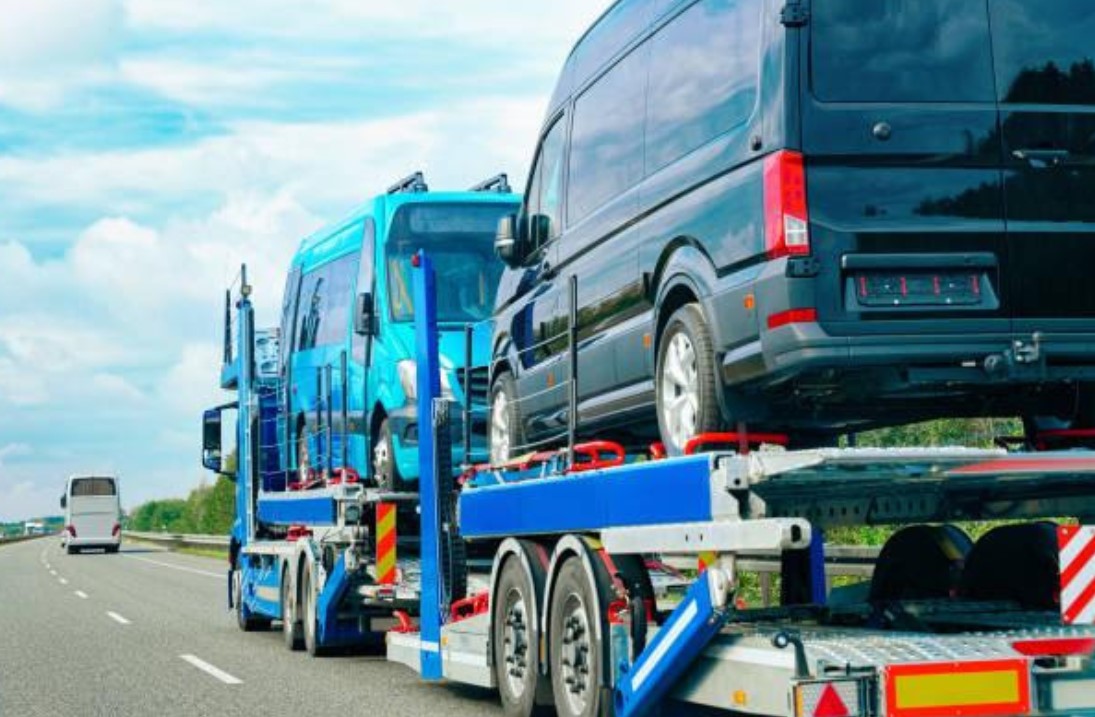The pandemic brought the entire world’s economy to a halt. If you’re in the auto transportation sector, you must be wondering what impact it has had. The pandemic has brought to our attention the importance of reacting and adapting. It has also shown us the importance of setting up crisis management mechanisms.
These mechanisms would enable companies to weather situations of uncertainty.
Many auto transportation companies are reliant on production and supplies in China. The pandemic has forced companies to rethink their stability for an uncertain future.
The impact of the pandemic and resulting emergency measures remains to be seen. But it’s clear that the auto transportation industry has had disruptions. These have included mitigation of the effects of reduced supply and managing disruptions.
Let’s not forget hurdles in meeting contractual obligations to transport your car. Car hauling services found themselves in an unprecedented situation. With the current situation, not a lot of people need the service of transporting their cars. People are staying inside and conserving money so it’s endangering the service.
So, what have been the effects of the Covid-19 outbreak on auto transportation? Let’s discuss that.
Effects of the Covid-19 Outbreak on Auto Transportation

1. Little to No Demand
The economies of different countries weakened as the pandemic got stronger. Countries turned to curfews and lockdowns when it became evident that W.H.O measures weren’t enough. This led to a significant drop in trade.
The full economic outcomes of the pandemic are hard to quantify. But one thing is clear. That the demand for cars dropped. People were afraid of losing jobs. The fears had been justified as organizations were not meeting financial targets. The last thing an unemployed person or someone afraid of losing their job would do is to buy a car.
2. A Shift to Online Sales
Moving forward, nothing will be the same in terms of how the industry operates. Manufacturers and any other players have adjusted to the new normal. That includes automotive retailing going online. The industry is already configured to cope with the Covid-19 restrictions.
Because of the desperation, players in the auto transport industry began selling vehicles. They shifted marketing efforts online as a way of dealing with the new normal. Buyers now have the option of financing their vehicles through digital channels. Some even complete the transactions virtually.
3. Reduced Production
The pandemic didn’t affect all countries at the same time. It started in China and made its way to different countries at different times. The mandatory safety standards affected workers in the industry. As a result, the whole industry slowed down operations.
Many car manufacturers have some part of their production done in China. Because of that, they were the first to feel the effects of the pandemic on car shipping. It has been difficult to ship cars or car parts outside China. Being that the pandemic occurred in subsequent countries, car shipping services slowed down. On the other hand, Canada vehicle transport continued performing normally, on the pre pandemic levels so it obviously depends on the country.As operations get back, vehicle transporters can now tackle large numbers of shipments. Most of which they had scheduled before the pandemic. That is thanks to the availability of vaccines which have made it safe for life to get back to normal.
4. Factory Closures and Labor Strife
The manufacturing industry had 20 percent more factory capacity than they needed. This was before the pandemic. That idle manufacturing space costs them money without producing any profit.
Some of the big plants in Europe have struggled through the pandemic. It was even tougher for companies that make smaller cars. That’s because they’re less profitable.
In Europe, it’s difficult to close a factory without labor strife due to the expected job losses. Payment of employees upon job termination and other costs make it expensive to shut down a plant.
5. Investment in Technology
It’s important to consider developments in technology and sustainability. The pandemic has shown us how business can continue remotely. And companies are leveraging that. Advancements in AI and new technologies present opportunities for supply chain innovations.
Despite the focus on Covid-19 in 2020, many mobility players continued to invest in ACES. Given the high costs, such innovations had become a challenge for players.
When the pandemic struck, it exacerbated the issue. Because traditional OEMs have undertaken cash-preserving measures. Cost-cutting initiatives had also left little room for investment in technology.
OEMs and suppliers may mitigate some funding issues. This can get done by getting into partnerships with other companies. This is necessary as the pandemic has put pressure on their budget.
Final Takeaway
The Covid-19 pandemic has exposed how interconnected the world is. We have seen how a factory closure in one part of the world can shut down an assembly line in a different hemisphere. Discover the resilience of car shipping near me services at Roadrunner Auto Transport.
The auto transporting industry has to rethink its logistics and supply chains. Also, employers have to ensure that the Covid-19 measures are strictly adhered to. The last thing you want is to slow down production.


































